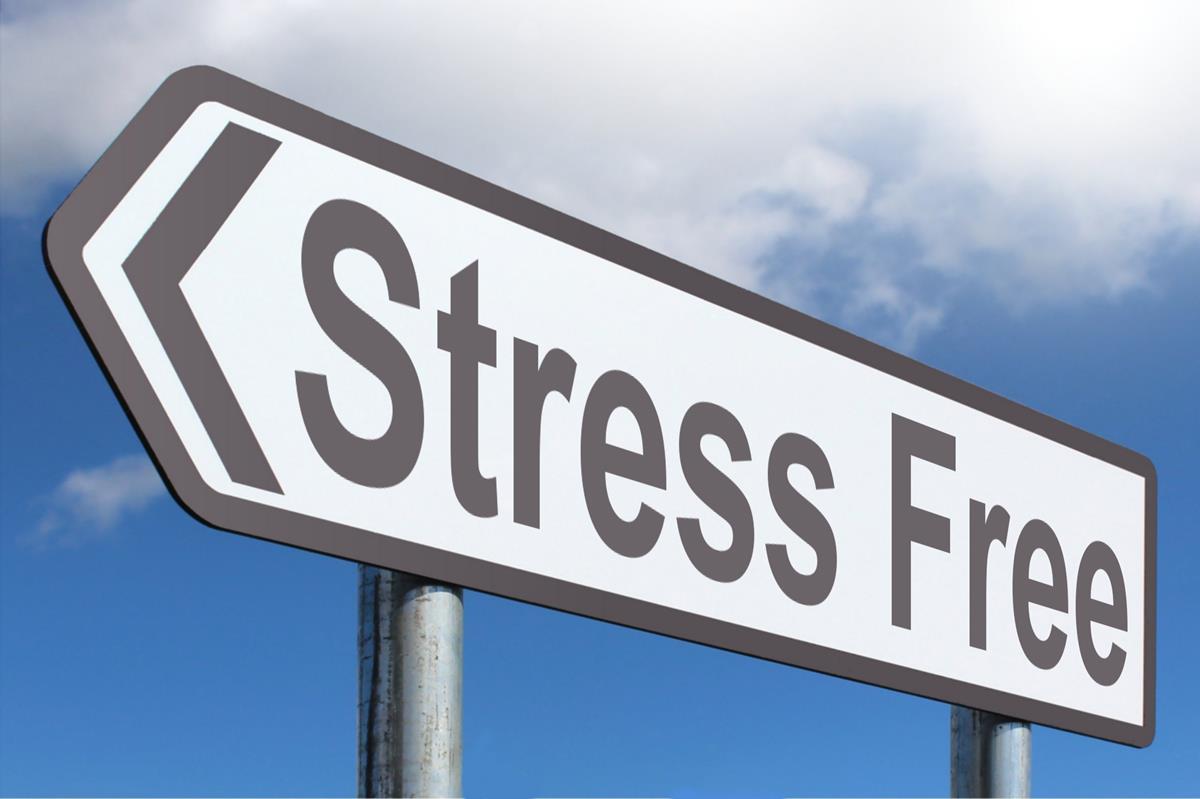April, stress awareness month, is coming up fast and it is time to de-stress. The only thing we need to stress this month is how important self-care is! This April is time for you to worry about you for a change and not all the school work that needs to get done, or all the extracurriculars that are getting stressful. Let some of these ideas help you learn how to de-stress not only for the coming month but also for the long run.
Get enough sleep
We have all been there, tossing and turning through the night with feelings of stress and anxiety. When you fall into a deep sleep your brain releases chemicals, and these are the same chemicals that tell your body to stop the production of stress hormones. When you don’t get enough sleep, your body continues to release those stress hormones, only worsening your problems. According to the Nationwide Children’s Hospital The average teen gets about 7 hours of sleep every night, however, studies show that teens need around 9-9 ½ hours of sleep every night. Most of the students interviewed Here at Northwood, said they got around 5 hours of sleep a night, that’s 4 hours under the recommended amount!
Take a breather
- Take time to breathe literally and metaphorically. It is scientifically proven that breathing dramatically reduces the tension that builds up from stress. Taking 10 breaths is a good exercise to help release tension and to also help keep you sane. Taking a breath metaphorically is also important. Take some time away from the things that are triggering your stress.
- If music helps you de-stress listen to that, any music that helps you de-stress and escape for a little while is definitely a good idea. Taking even ten minutes to listen to a few songs could make a big difference. If listening to music while you work helps you, do it! If you cannot listen to music while you work, turn it on while you are doing something you had to do anyway, like showering, cooking or cleaning your room.
- Put unnecessary electronics aside so you can accomplish the task at hand. When most people hear the familiar ding of your phone, their first impulse is to look at it. Don’t be like everyone else! Put your phone on silent, turn it off, or put it in a different room. You’ll be glad when you finish your task much quicker than you would have with the distraction of your phone.
Plan out your time
Start planning! It never hurt anyone.
- Get a planner to help you organize your tasks and your thoughts. Organizing your thoughts is almost as important as organizing your tasks because when you have nowhere to put your thoughts, they clutter your mind and can ultimately cause more stress. A good way to do this is by journaling or creating a bullet journal that you can cater to your own needs .A bullet journal is a planner that you essentially make yourself. For some people the planners you pick up from OfficeMax work well, but for others, they are not specific enough for what you need. Sometimes it can help to make your own planner that is the most efficient for you.
- Set time aside in your calendar for you! This could be as simple as staying home and binge watching a show; nothing too crazy, but you need time to recharge. Don’t constantly feel like you have to go somewhere or do something if you’ve been busy or stressed. You need time to take a second to recharge.
Stay Organized
The environment you live in can often reflect how you feel mentally. If your room is dirty with mountains of clothes scattered about, your mental state will most likely reflect that.
- Clean the area where you work/sleep. Having a room with piles things scattered everywhere doesn’t help calm your already cluttered brain. Just taking five minutes to get things off the floor, or clean off your desk will help improve your surroundings so you can focus on your work and not your room. It is important to make sure you clean a little before you sleep especially if you are trying to recover from a stressful day. Waking up in the leftovers of that stress is never a great way to start your morning.
-By Rachel Covington & Reese Cantrell



